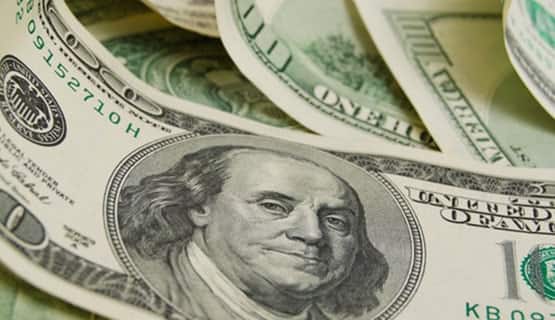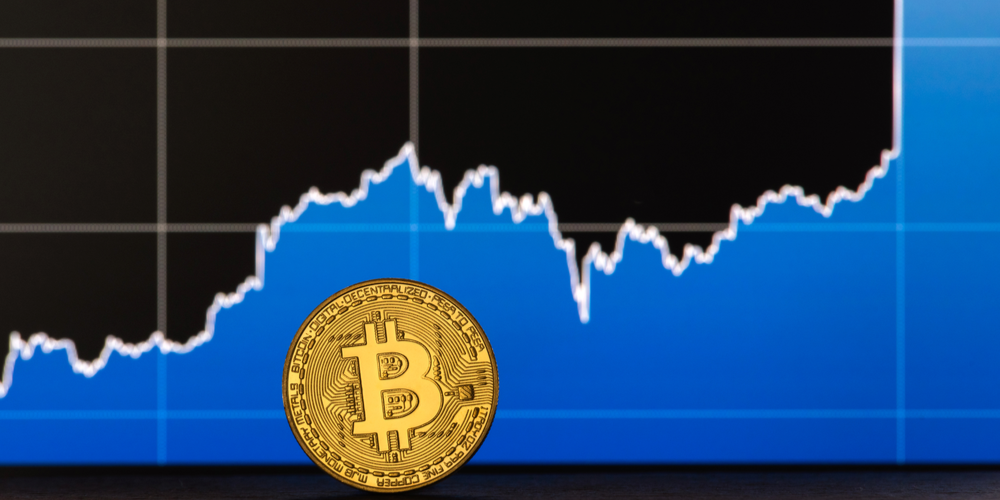Financial market research and analysis
Our analysts have their fingers on the pulse of the world's financial market news.
CFD trading is high risk and may not be suitable for everyone.

25 Oct 2017
By Ipek Ozkardeskaya
Tomato prices do matter for Turkish CPI

Inflation has to do with food prices
The consumer price index (CPI) is defined as a measure of prices paid by consumers for a market basket of consumer goods and services, such as transportation, food and medical care. It is calculated by taking price changes for each item in the predetermined basket of goods and averaging them.
To be accurate, the average consumer basket should be adopted to the income level of the underling consumers, their consumption habits, their demographics and so on.
As a benchmark, according to the TUIK, the average income in Turkey was 19’139 lira in 2016. This amount is on average less than 6’300 US dollar per year, and equals to approximately 17.25 US dollar per day based on an average US dollar – Turkish lira exchange rate at 3.04.
‘Women with hips, dishes with tomato sauce’
A typical Turkish family consumes tens of kilograms of tomatoes and cucumbers every year. Most traditional Turkish dishes, salads and mezes are prepared with tomatoes and cucumbers. At breakfast, tomatoes and cucumbers are savoured with cheese and olives. At lunch and dinner, there is nothing juicier than the tomato sauce poured on grilled veggies, or on a dish of kebab accompanied by a refreshing bowl of tzatziki and a Mediterranean salad.
Turkish men say they love ‘women with hips, dishes with tomato sauce.’
Therefore, tomato and cucumber prices do matter for the Turkish inflation.
With more than twenty percent of the population living below the poverty line and a minimum wage set to 1’778 lira per month (approximately $16.45 per day) in 2017, the food price inflation at 12.5% (as of September 2017) could weigh on an average households’ budget provided that food and non-alcoholic beverages weight more than 20% of the basket of goods and services in Turkey.
Low interest rates often cause high inflation
Interest rates do matter as well. Low interest rates are known to be an efficient catalyser of the economic activity, because businesses could borrow at a lower cost and realize more projects. Enhanced economic activity would translate into higher employment and eventually better income. In theory, higher employment and improved wages should increase the demand of goods and services. If the demand increases faster than the supply, the prices increase. This is called inflation.
In some cases, low interest rates could lead to low inflation. Japan has experienced the low rate-low inflation problem for more than a decade. Some textbooks described the phenomenon as the liquidity trap. Meanwhile economists work on a new theory, called the Neo-Fisherian theory, in order to explain how and why zero-rate policies caused low inflation over the last decade. As an example, Eurozone countries are having trouble to lift their inflation despite the European Central Bank's zero-interest-rate policy and an extensive Quantitative Easing program. But the low rate-low inflation has so far been an issue in developed countries and can definitely not be applied to the Turkish economy, which is rather dealing with an environment of stagflation: high inflation and high unemployment.
Turkey's headline inflation hit 11.20% in September, the unemployment rate stood at 10.7% in July.
Central Bank of Turkey to maintain the status quo
The Central Bank of Turkey (CBT) will meet on Thursday October 26 and is expected to maintain the interest rates unchanged despite the lower rate pressures from President Recep Tayyip Erdogan and the government.
In the past, low rate pressures from Erdogan has often lead to knee-jerk sell-offs in the Turkish lira and continue being a risk for the lira and the lira-denominated assets. This far, Erdogan's new monetary policy committee has successfully dealt with the lower rate pressures. But any unanticipated move of a dovish nature could be a direct hit to the central bank’s credibility on independence. Therefore, the status quo is the safest and the most likely scenario at this week’s meeting. The CBT will naturally benefit from a dovish divergence with the prospects of higher US, EU and UK rates.
The USDTRY offers are eyed at 3.75/3.80 area on the run up to the CBT decision. The 100-day moving average (3.60) should continue lending support to the pair.
The information and comments provided herein under no circumstances are to be considered an offer or solicitation to invest and nothing herein should be construed as investment advice. The information provided is believed to be accurate at the date the information is produced. Losses can exceed deposits.
 Change Language ▼
Change Language ▼








